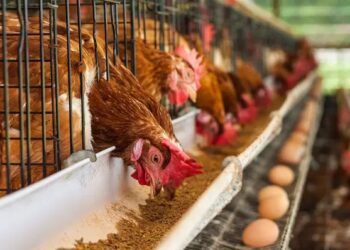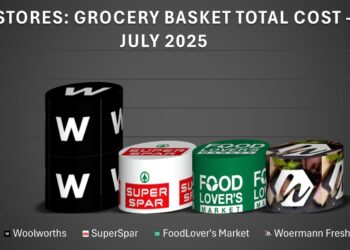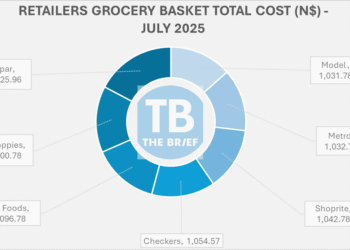
The Namibia Investment Promotion and Development Board (NIPDB) has courted American investors to invest in the Namibian mining sector.
The country’s investment promotion unit invited American investors and funders to form partnerships, joint ventures, or strategic alliances with Namibian Exclusive Prospecting Licence (EPL) owners to develop their projects and mining operations.
The plea was made in New York where the investment promotion body conducted a series of investment promotion activities on the sidelines of the recently held United Nations General Assembly (UNGA).
“The potential impact of large numbers of EPLs being developed is key to enabling the country to develop its mining project pipeline and preparing these projects for larger investments in the future.
Systematically developing these rights will translate to creating more jobs in the sector and the wider economy,†said NIPDB Chairperson and Chief Executive Officer Nangula Uaandja.
“Mining remains a strategic growth sector for Namibia, with significant contributions to the GDP, taxation and foreign earnings. In 2022, the mining sector accounted for 11.1% of the GDP. Further investment in this sector is thus central to growing the economy.â€
Namibia currently has just over 700 EPL and mining claims owners.
In addition to these sessions, meetings were held with potential investors and collaborative partners including the Cherie Blair Foundation.
“In contributing to discussions on pertinent global issues, the NIPDB further participated in the Planning for Climate Commission report launch organised by the Green Hydrogen Organisation – highlighting the key strategies required to make planning and permitting for renewable energy and green hydrogen projects faster and fairer,†she said.
Another key session facilitated by the World Economic Forum focused on sharing investment facilitation strategies that developing countries such as Namibia can employ to attract climate aligned Foreign Direct Investment, Uaandja said.
“This is particularly important as developing countries often face daunting funding gaps for climate related projects,†she said.Â
Uaandja, however, noted that “it is important to note that converting leads into investments is a long and arduous process that involves multiple engagements with a potential investor before a final investment decision is made.â€
“While the impact of these sessions and meetings will only be felt in the long-term, the NIPDB deems this to have been a successful mission as our short-term objectives, focused on obtaining access to the right audience, participating at the right platforms and furthering objectives of building strategic relationships, were attained.â€Â Â
While the Namibian economy recorded positive growth over the past two years, with a 4.2% growth rate in 2022, foreign and domestic investments remain the most viable levers that Namibia can pull to bring about sustainable economic growth and quality employment creation.Â
These engagements come at a time when the Namibian economy recorded positive growth over the past two years, with a 4.2% growth rate in 2022.
Foreign and domestic investments remain the most viable levers that Namibia can pull to bring about sustainable economic growth and quality employment creation.Â
“Following the collective efforts of public and private sector stakeholders, Namibia is slowly reaping the results of persistent and deliberate investment promotion activities.
This is evidenced by data released by the Greenfield Foreign Direct Investment (FDI) Performance index, which measures FDI attracted in proportion to a country’s economy size, which ranked Namibia number one in Africa and 13th globally in 2022,” she noted.











